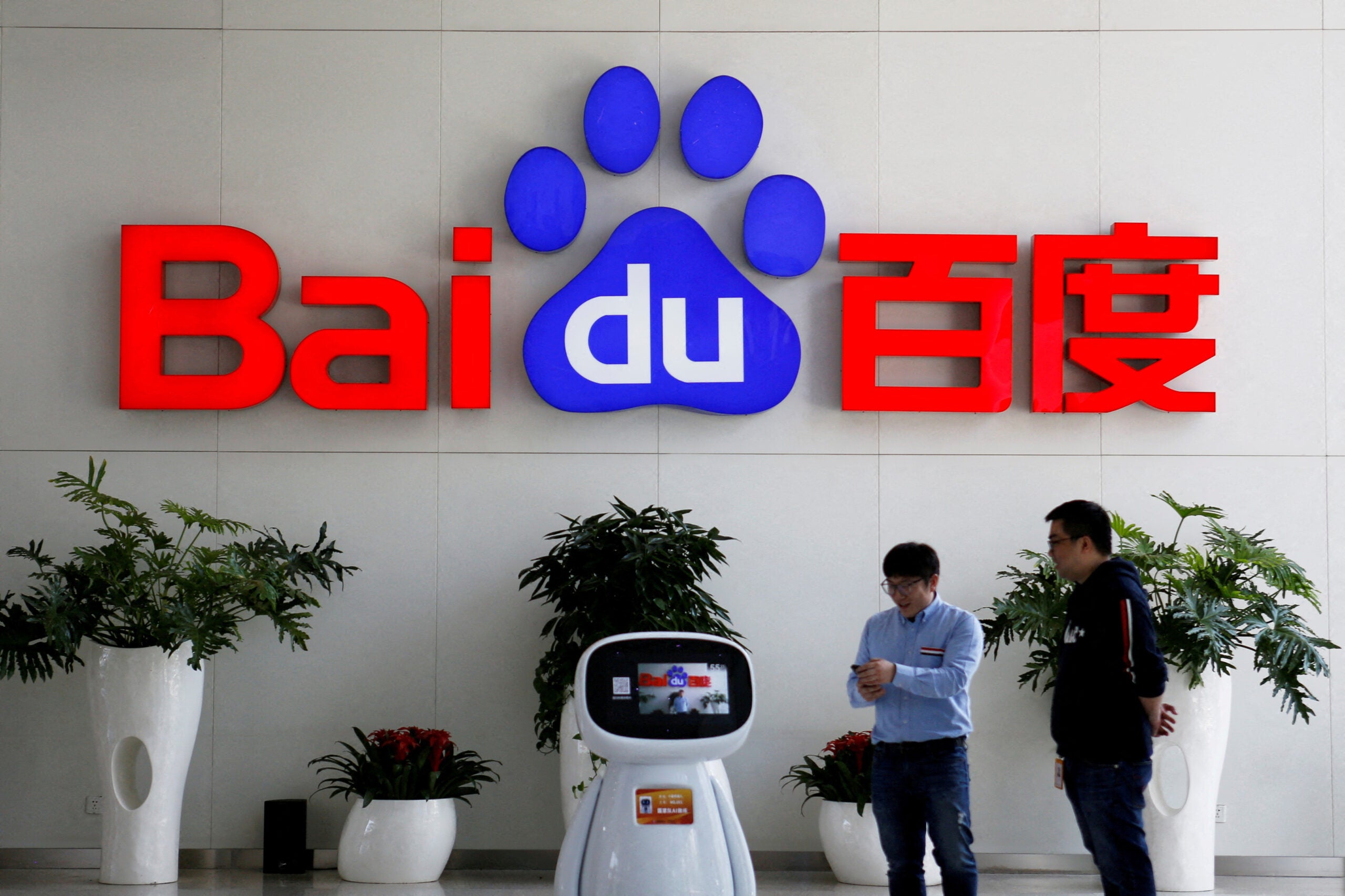
Apple, the tech giant known for its popular iPhones and App Store, is facing a lawsuit from Baidu, China’s leading search engine. The lawsuit revolves around fake Ernie AI apps that were alleged to be distributed on the App Store. Baidu claims that these apps infringe on its intellectual property rights.
Ernie AI, developed by Baidu, is an advanced natural language processing technology used for a wide range of applications, including voice recognition and chatbots. This technology has gained significant recognition and popularity in China, making it valuable intellectual property for Baidu.
Through its lawsuit, Baidu aims to protect its rights and ensure that these fake apps are removed from the App Store. The outcome of this legal battle will not only determine the fate of the counterfeit Ernie AI apps but also set a precedent for intellectual property protection in the booming mobile technology industry.
Inside This Article
Title: Apple sued by Baidu over fake Ernie AI apps on App Store
Apple, the tech giant known for its innovative products and services, has recently found itself embroiled in a legal battle with Baidu, one of China’s largest technology companies. Baidu has filed a lawsuit against Apple, accusing the company of hosting fake Ernie AI apps on its App Store.
Baidu alleges that these fraudulent apps, which falsely claim to be powered by Baidu’s advanced Ernie AI technology, have caused significant harm to its brand reputation and deceived users. These apps purported to offer cutting-edge AI features such as language translation, voice recognition, and image analysis.
According to Baidu, the fake Ernie AI apps on the App Store not only infringe upon its intellectual property rights but also pose a threat to user privacy and security. Baidu claims that these apps collect user data without permission and potentially expose sensitive information to unauthorized parties.
The impact of this lawsuit goes beyond the legal implications for Apple. It raises concerns about user trust and the credibility of the App Store, which has long been hailed as a secure and reliable platform for downloading apps. Users rely on the App Store to provide legitimate and high-quality applications, and instances of fake apps erode that trust.
Apple, on its part, maintains that it has strict measures in place to ensure the integrity and security of the App Store. The company argues that it takes claims of intellectual property infringement seriously and promptly removes any infringing apps upon notification. However, Baidu asserts that Apple’s efforts in this regard have been inadequate.
The outcome of this legal battle remains uncertain, but it could have far-reaching consequences for both companies. If Baidu’s claims are proven, Apple may face legal penalties and damage to its reputation. Additionally, the company might be compelled to reevaluate its app screening and review processes to prevent similar fraudulent apps from appearing on the App Store in the future.
Conclusion
In conclusion, the lawsuit filed by Baidu against Apple over the presence of fake Ernie AI apps on the App Store highlights the need for stricter regulations and oversight in the mobile app industry. This incident not only exposes the vulnerabilities in Apple’s app review process but also raises concerns about the potential harm that counterfeit apps can cause to users.
It is crucial for Apple and other app store platforms to implement more rigorous screening measures to ensure the authenticity and safety of the apps available for download. Additionally, collaboration with reputable developers and technology companies can play a significant role in preventing the proliferation of fake apps.
As users, it is essential for us to remain vigilant and cautious when downloading and using apps. Verifying the credibility of the developer, reading user reviews, and being mindful of the permissions an app requests can help minimize the risk of falling victim to fraudulent apps.
Ultimately, this incident serves as a reminder that the app ecosystem requires continuous improvement and strong vigilance to protect users from deceptive practices and maintain the integrity of the mobile app industry.
FAQs
Q: What is the lawsuit about?
A: The lawsuit filed by Baidu against Apple claims that there are fake Ernie AI apps available on the App Store, which infringe upon Baidu’s intellectual property rights.
Q: Who is Baidu?
A: Baidu is a Chinese technology company known for its search engine, AI technology, and web services. It is often referred to as the “Google of China.”
Q: What are the Ernie AI apps?
A: The Ernie AI apps developed by Baidu are advanced artificial intelligence applications that offer various services based on natural language processing and machine learning.
Q: How did the fake apps appear on the App Store?
A: It is alleged that unauthorized developers uploaded and distributed fake Ernie AI apps on the App Store without Baidu’s permission or proper verification by Apple.
Q: What damages is Baidu seeking in the lawsuit?
A: Baidu is seeking both financial compensation for the damages caused by the infringement and a court order to remove the fake Ernie AI apps from the App Store.
